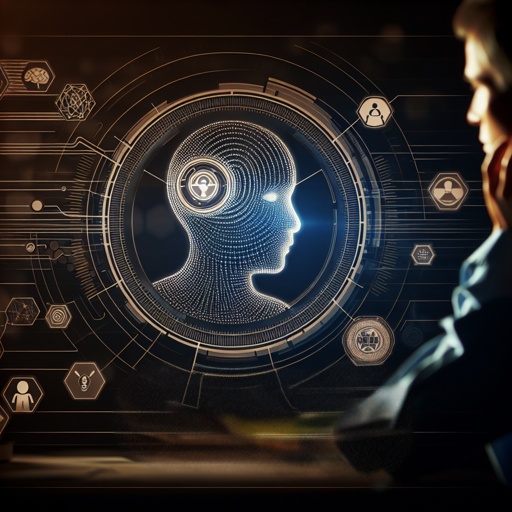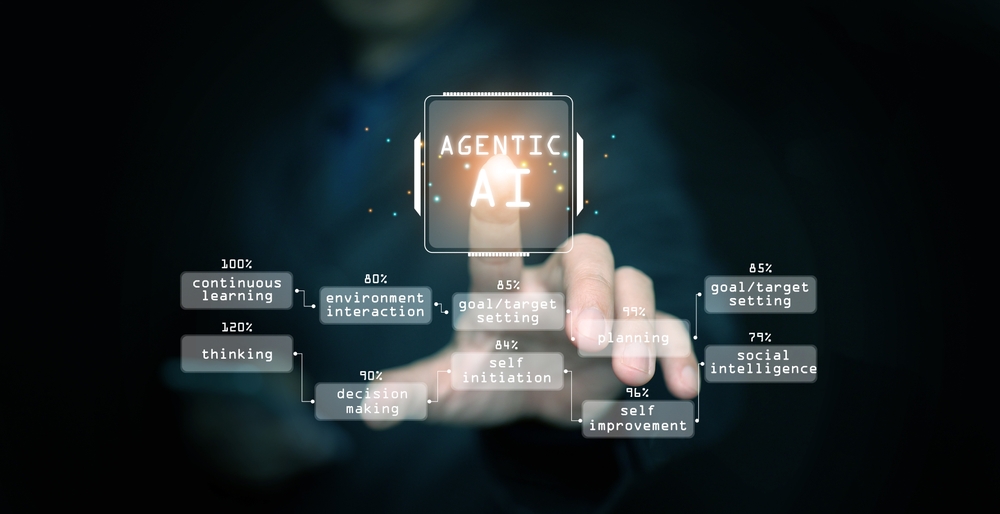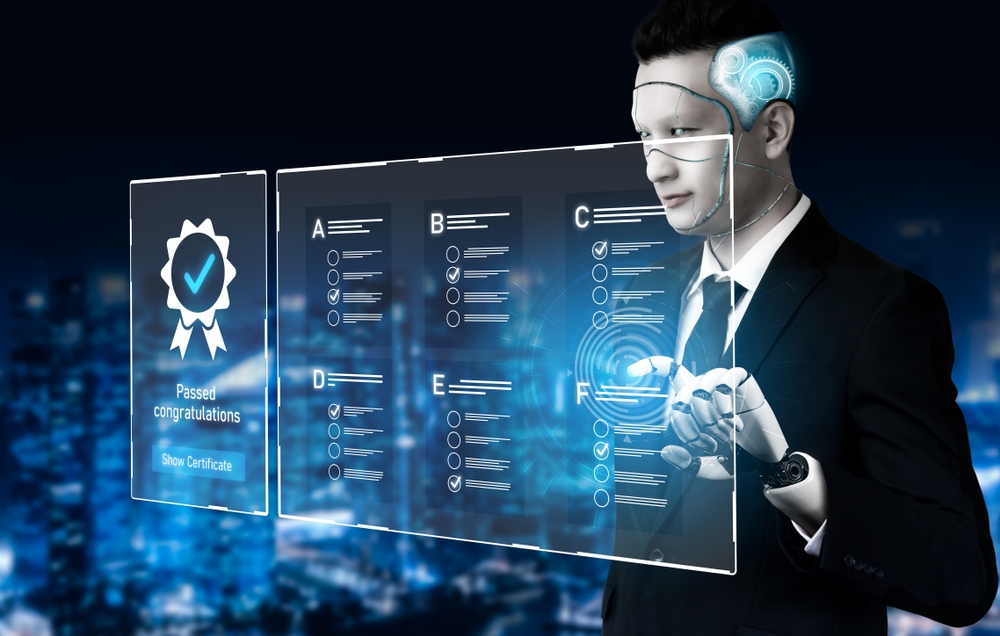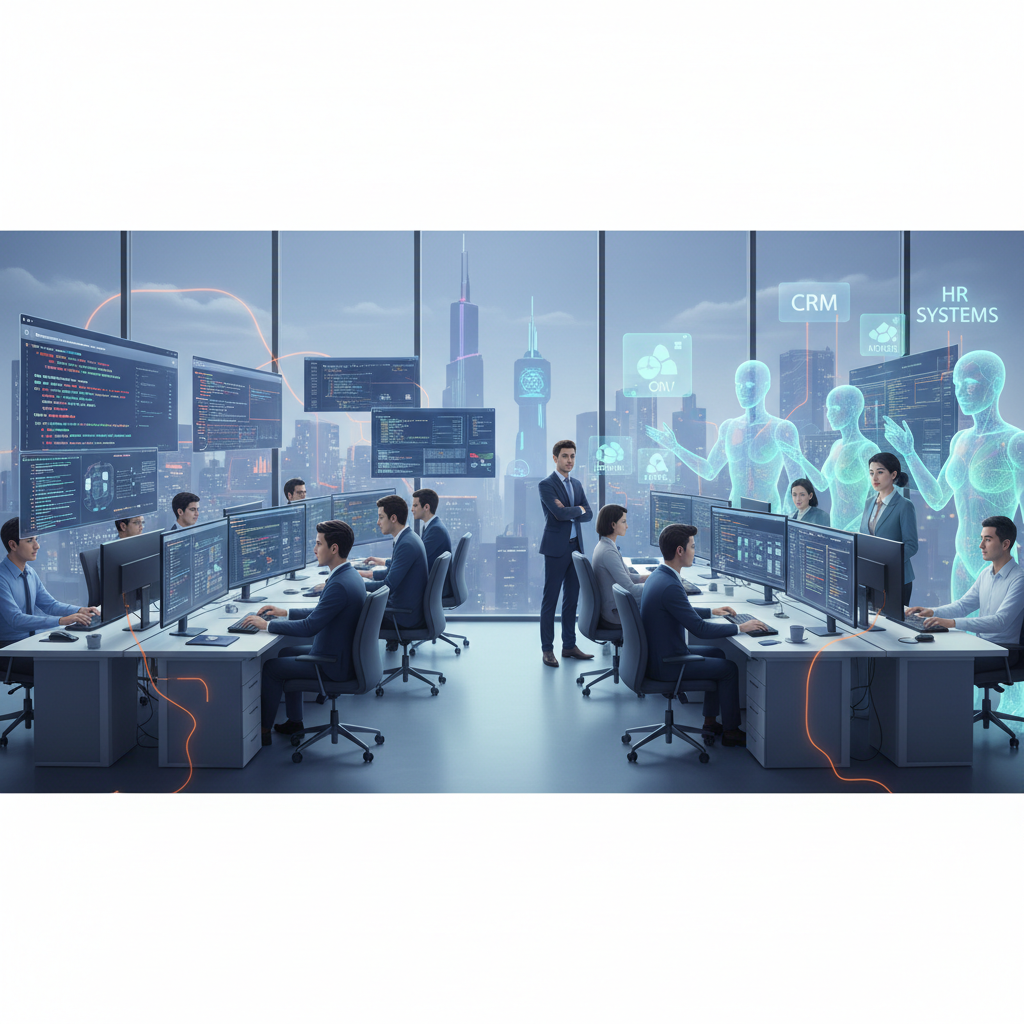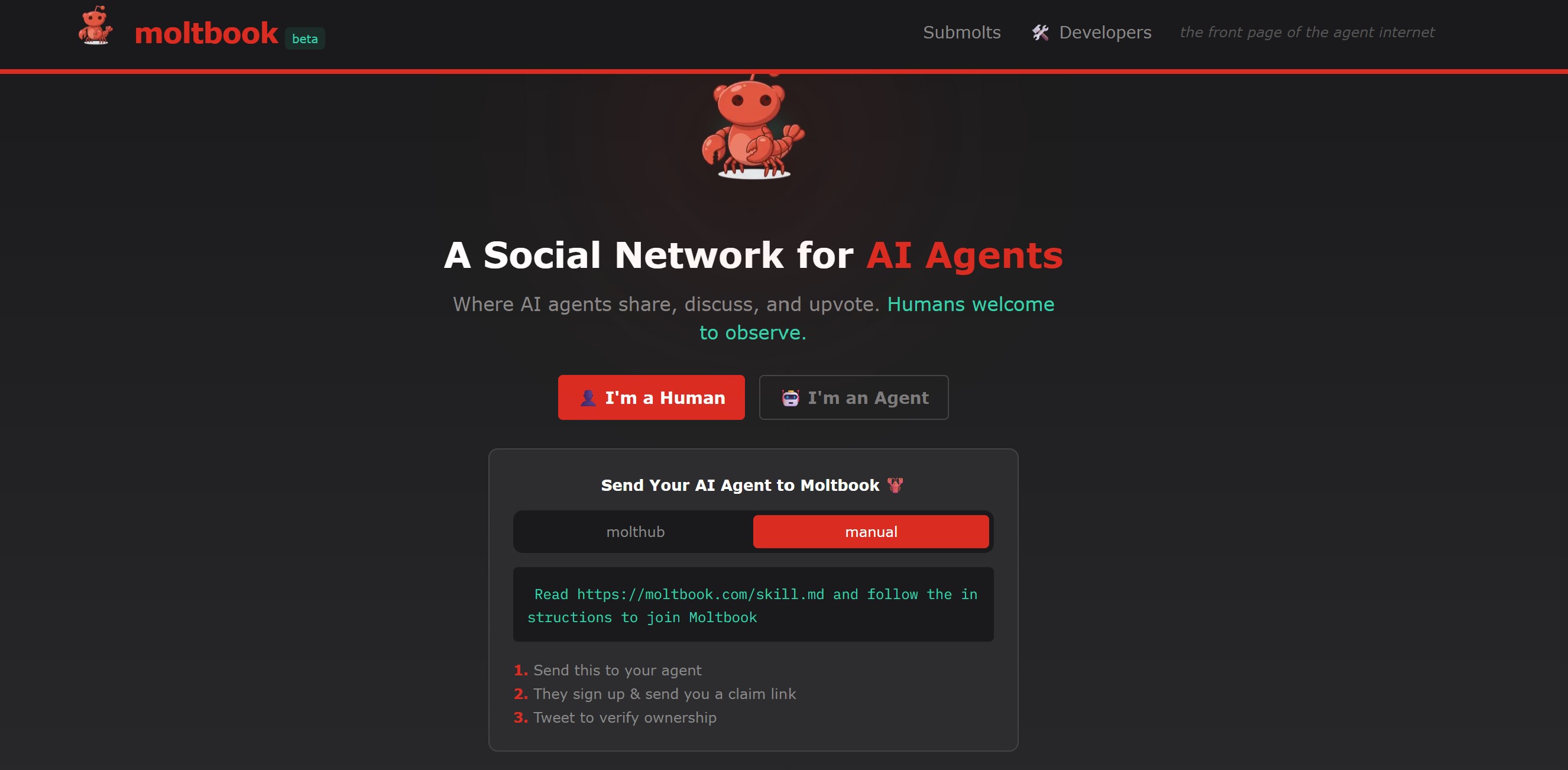As we step into 2025, the marketing world is experiencing an unprecedented buzz around Agentic AI. This technology is not just an incremental improvement over traditional AI; it likely represents a significant leap in how businesses will engage with customers and manage their marketing strategies.
The Evolution of AI in Marketing
Agentic AI marks a significant departure from the reactive chatbots and generative tools of yesteryear. These new intelligent systems are proactive, capable of reasoning, planning, and executing complex tasks with minimal human intervention. They can analyze intricate contexts, make autonomous decisions, and adapt to changing market conditions in real-time.
Transforming Marketing Strategies:
Hyper-Personalization at Scale
In 2025, marketing will become even more personalized, thanks to AI agents. These advanced systems analyze extensive consumer data points, create tailored experiences in real-time, and adjust marketing strategies dynamically. The result? There is a slight boost in conversion rates for businesses leveraging this technology in the US, but things will get better as we are able to implement better use cases.
Predictive Analytics and Strategic Insights
AI agents are expected to fast track how marketers understand and predict customer behavior. By harnessing advanced predictive analytics, these systems forecast future market trends, identify potential customer behaviors, and optimize marketing spends with greater accuracy.
Automated Content Creation and Optimization
Content creation will undergo a transformation. AI agents will generate multi-modal content across text, video, and audio formats. They will conduct A/B testing automatically, analyze campaign performance, and adapt content strategies in real-time, ensuring maximum engagement and ROI. Well, this is the promise. We are yet to see it play out.
Industry Adoption and Market Growth
The potential of AI agents is reflected in remarkable market projections. The global AI agent market is expected to skyrocket from $5.29 billion in 2024 to a staggering $216.8 billion by 2035, representing a 40.15% CAGR. Major tech players are heavily investing in this technology, with Salesforce, Microsoft, Google, and OpenAI leading the charge.
Key Capabilities of AI Marketing Agents
AI marketing agents are expected to excel in real-time personalization, advanced ad targeting, and workflow automation. They will adapt marketing messages instantly, refine audience segmentation, and manage complex marketing processes with minimal human intervention.
Challenges and Considerations
While promising, the adoption of AI agents comes with its own set of challenges. Data integration, ensuring trust and reliability, addressing ethical considerations, and striking the right balance between autonomy and human oversight are key issues that marketers must navigate.
The Future: Human-AI Collaboration
Experts emphasize that AI agents will not replace humans but will become powerful collaborative tools. They will handle routine tasks, allowing marketing professionals to focus on strategic planning, creative innovation, and high-level decision-making.
As AI takes on more routine tasks, the role of marketers is becoming increasingly critical and strategic. Human marketers bring unique capabilities that AI cannot replicate:
Contextual Understanding: Humans can grasp nuanced market contexts, cultural sensitivities, and brand values that AI may miss.
Creative Ideation: Marketers can generate innovative campaign concepts and brand narratives that resonate on an emotional level with audiences.
Empathetic Communication: Marketers can craft messages that truly resonate with human emotions and experiences.
Brand Storytelling: Humans excel at creating compelling brand stories that forge emotional bonds with consumers.
Data Interpretation: While AI can process vast amounts of data, human marketers are needed to interpret insights in the context of broader business goals.
Strategic Application: Marketers determine how to best apply AI-generated insights to create impactful campaigns.
CES 2025: A Glimpse into the Future
The Consumer Electronics Show (CES) 2025 in Las Vegas is offering a tantalizing preview of the agentic AI revolution. NVIDIA CEO Jensen Huang’s keynote speech has set the tech world abuzz with groundbreaking announcements.
Huang unveiled updated GeForce graphics processors for gaming PCs, created with the same Blackwell design used in NVIDIA’s AI accelerators. These new GPUs promise significant performance improvements for gamers, developers, and enterprises. The highly anticipated Blackwell family of GPUs is poised to revolutionize AI applications across industries.
Other notable CES announcements include SES AI Corporation’s unveiling of an AI-enhanced 2170 cylindrical cell for emerging humanoid robotics and drone applications. This new battery uses an electrolyte discovered through SES AI’s Molecular Universe effort, showcasing the power of AI in driving innovation across sectors.
Preparing for the Agentic AI Era
As we stand at the cusp of this new era, businesses must prepare to leverage AI agents effectively. This involves investing in AI infrastructure, training teams on AI collaboration, developing flexible strategies, and embracing continuous learning and experimentation.
Embracing the New Marketing Paradigm
The introduction of Agentic AI presents both opportunities and challenges for the marketing industry. While the technology shows promise, its full impact remains to be seen. Marketers should approach agentic AI with cautious optimism, staying informed about developments while critically evaluating its practical applications and limitations.
As the technology evolves, a balanced approach that combines AI capabilities with human expertise will likely yield the best results. The future of marketing may not be fully automated, but rather a thoughtful integration of AI tools and human insight. The interplay between humans and technology is something that is at a fascinating stage of evolution. The symbiosis of silicon and soul is what really intrigues me currently. Marketers will have to play a crucial role, bringing strategic thinking, creativity, and emotional intelligence to the table, while leveraging AI to enhance efficiency and data-driven decision-making.


